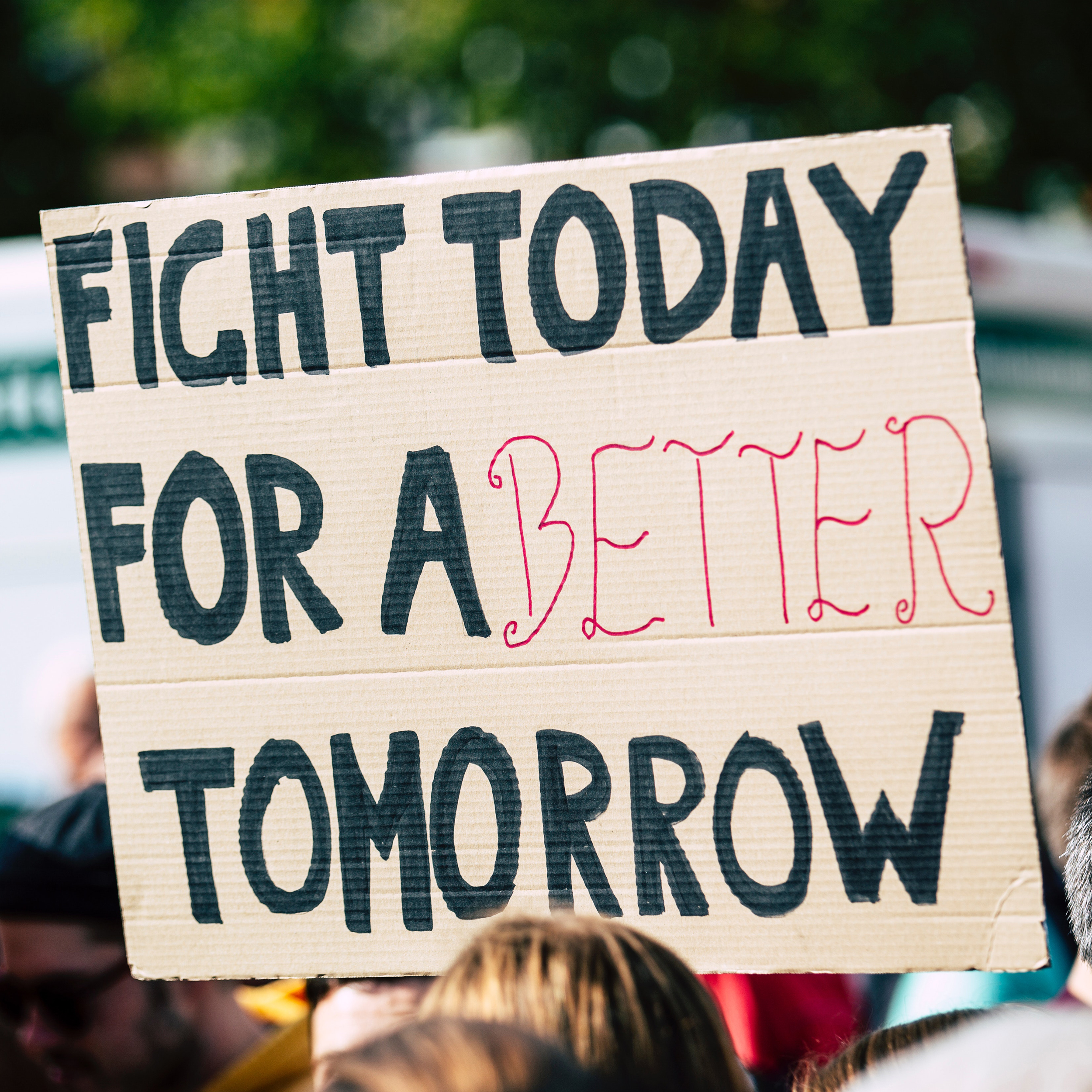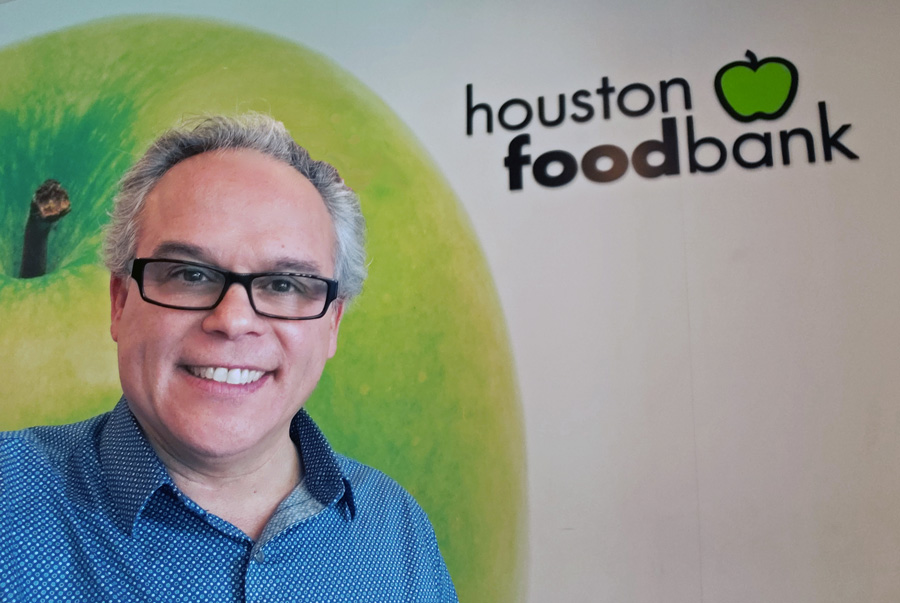Changemakers and funders
- Do you want to see your efforts move beyond passion and good intentions?
- Do you see a need for change agent development addressing systemic racism and inequities?
- Do you want to partner with grantees on applying best practices for sustainable social change?
- Are you ready to take on the next level of your social change journey?
mission: Sustain and grow social change movements
Why it matters
People and organizations on the frontlines of dismantling systemic racism and eradicating poverty are committed, selfless, and passionate. Unlike change agents in the private sector, frontline social change agents receive little to no on-going development and support. Their development/education is often sporadic and too late, resulting in burn-out, poor results, and failed causes.

Supporting change agent success
I Work Alongside
change leaders, providing real-time coaching and feedback. Changing the systems, power dynamics, and practices that preserve inequity requires change agents with the capacity and leadership skills to organize, mobilize, and sustain strategic action. The likelihood of change initiatives succeeding is significantly improved when their leaders have the support and tools needed to take on systemic racism, inequality, and resistance.
Partners and Sponsors
change leaders, providing real-time coaching, support and feedback. Changing the systems; power dynamics, and practices that preserve inequity requires specialized skills. Change initiatives succeed when leaders have access to tailored leadership development and the tools needed to take on systemic racism, inequality, and resistance.
Defining Change Agents
Social change agents: focus on societal issues, injustice, systemic racism, housing, economic, healthcare, education disparities, food insecurity, political campaigns, human rights, and more.
Organizational change agents: work on improving processes and culture within a company or organization. I help profit and non-profit organizations incorporate an equity lens into their organizational change and development practices.

“I had the pleasure of working with John as he was a consultant to my organization when we were implementing a new program in a large healthcare system. He was very supportive to all members of the team at different levels of the organization, as we were working to get buy-in to get the program off the ground. He has excellent group facilitation skills when we had all-day training sessions. He not only ensured the sessions fit our specific needs, but he also co-facilitated and kept us all engaged the entire time. My peers’ feedback was unanimous in terms of the value derived from the days they spent in training.”
Cindy M. Barter MD, MPH, IBCLC, CTTS, FAAFP
Hunterdon Family Medicine Residency Core Faculty
What is not working
Funders and social change agents sometimes lament the marginal and disappointing results achieved by the initiatives they invest in. A growing number of observers are beginning to question the systemic barriers preventing sharing power, innovation, democratization, and equitable change between funders and grantees
Read More
This statement points to a need for more effective partnerships between funders and the doers of change. On-going, timely development, and support must be provided to those doing the frontline work of social change.
Among those voices is Edgar Villanueva, author of Decolonizing Wealth and Senior Vice President of Programs and Advocacy at the Schott Foundation for Public Education. Here he points to the need for equity, “One of the most critical conversations we can have in philanthropy, especially the more we engage in DEI work, is how we operationalize these values around equity. Equity is not equality: it doesn’t mean everyone gets the same thing. It means we have to give more to the communities that are underfunded and marginalized”.
What can be done
We are beginning to better understand the power structures and systems failures between the non-profit and philanthropic sectors that get in the way of meaningful social change and what can be done to partner more effectively with those doing the frontline work.
Read More
Darren Walker, President of the Ford Foundation, wrote in his open letter to colleagues and friends in 2019, My goal is to grow and support change agents in the best practices of change leadership, deployment, and scaling through strategic road map design, real-time coaching, and mentoring. The work takes place in partnership with philanthropic organizations and change leaders who want a more sustainable, on the ground, scalable social change approach.“Creating a fairer, more just world is no small order. It requires leaders of every sector and discipline, working with new purpose. It requires engaged citizens, effective governments, capitalists who promote shared prosperity, and enduring social movements. And it requires us. To do our part in this drive for real change, philanthropists and funders of every stripe must invest in the architects and architecture of progress—the individuals, ideas, and institutions that make change happen.”

